For some it’s a well-known fact, while for others, it remains a questionable mystery, but the weed hangover is a more common phenomenon then you may think. Similar to other types of hangovers, a weed hangover is when you experience a range of effects from brain fog to headache after the high from consuming marijuana has worn off.
To get a full understanding of the weed hangover, let’s explore the limited studies that have been conducted and symptoms cannabis consumers have experienced, and dispel some of the common misconceptions passed down from one person to the next.
Cannabis hangover studies
There is little research when it comes to this topic, which is unsurprising given prohibition’s restrictions on cannabis studies. That said, a few studies do exist that can serve as a jumping off point to coincide with anecdotal reports of weed hangovers.
A cornerstone study was published in 1985. Researchers used a very small sample size of only 13 participants to conduct their experiment. The participants—notably, all men—were given either placebos or joints containing cannabis with 2.9% THC. They were then presented with a number of behavioral tasks after smoking, such as card sorting, free recall, and time production.
The subjects were tested again after a full night’s sleep. Researchers noticed a residual effect in only the cannabis consumers and stated, “the findings suggest that marijuana smoking can produce residual (hangover) effects the day after smoking. The precise nature and extent of these effects, as well as their practical implications, remain to be determined.”
This study’s results were concluded to be significant (P value < 0.05). That said, there is room for critique due to the study’s small sample size and lack of diversity, leaving definite room for improvement.
Another study from 1998 with a similar sample size of 10 participants—again, all men—studied the residual effects of smoking a single joint and found that “residual effects of smoking a single marijuana cigarette are minimal.” While the results of this study were concluded to be significant, once again, it had a very small sample size, lacked diversity in the test subjects, and only looked at the effects of a single joint.
Most anecdotal accounts from consumers who have experienced a weed hangover report much higher consumption rates, particularly when consuming RSO and other potent products such as edibles. While there is some evidence to corroborate the anecdotal accounts of those who have experienced a cannabis-induced hangover, more research is needed to truly understanding the phenomenon.


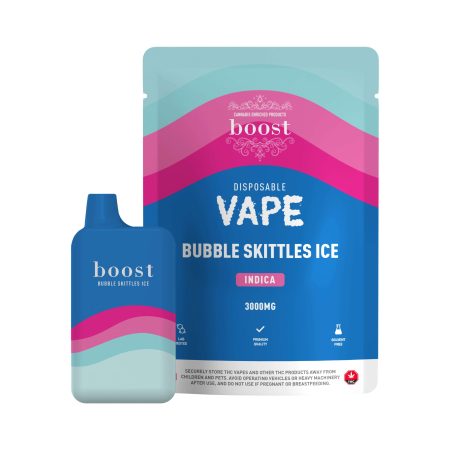
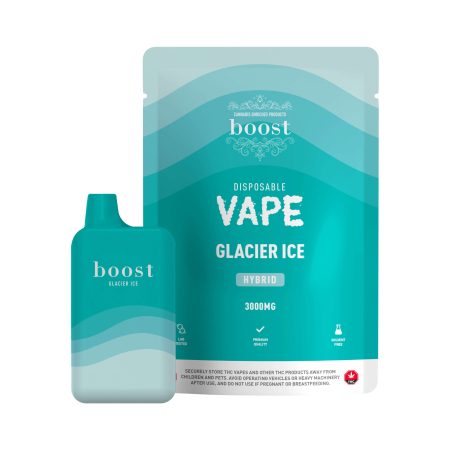
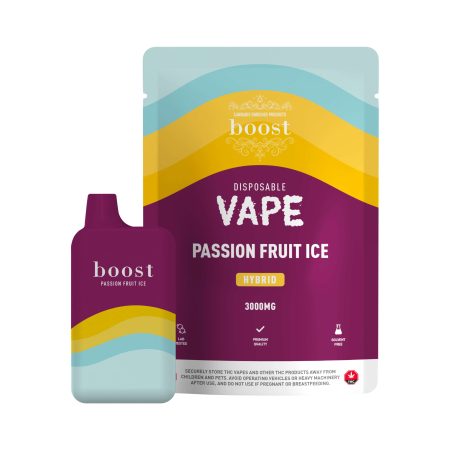
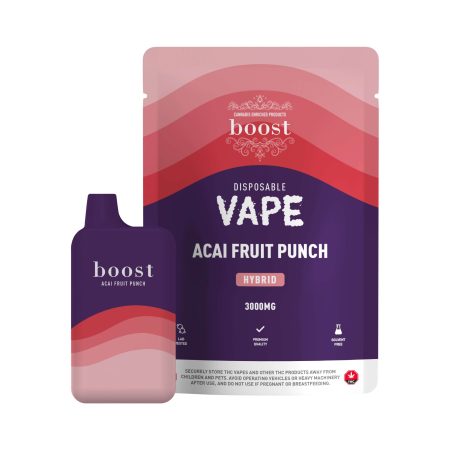
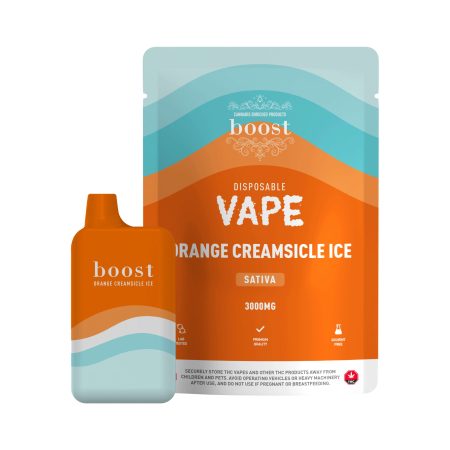
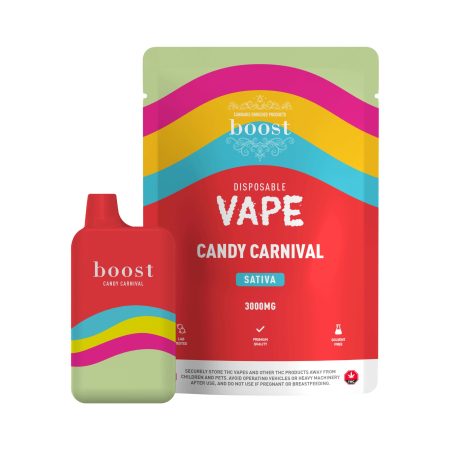
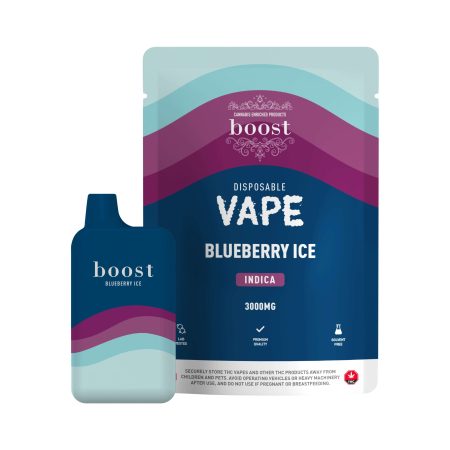
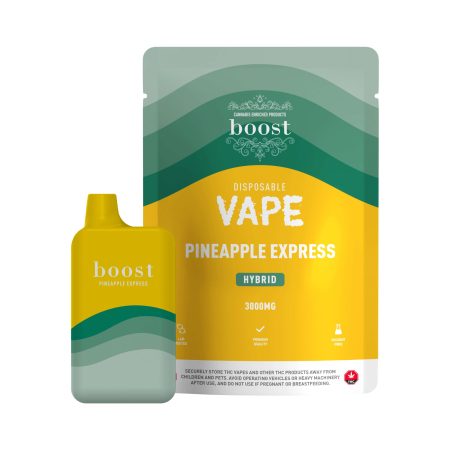


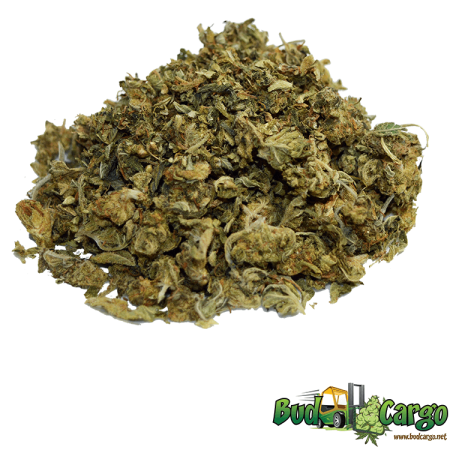
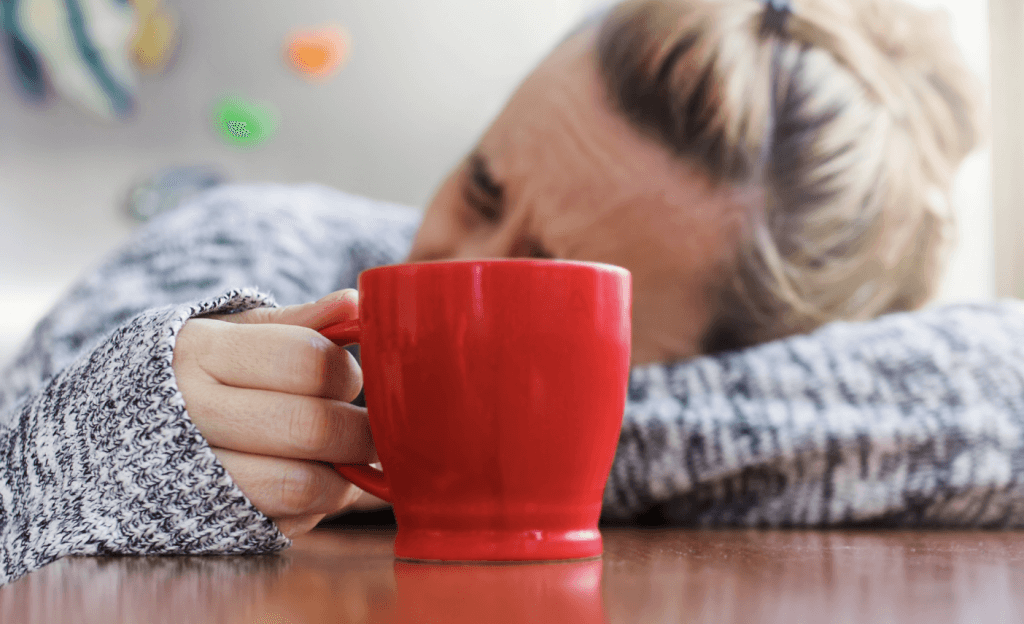
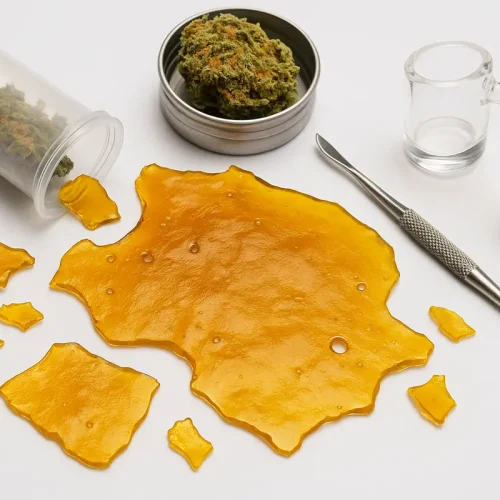

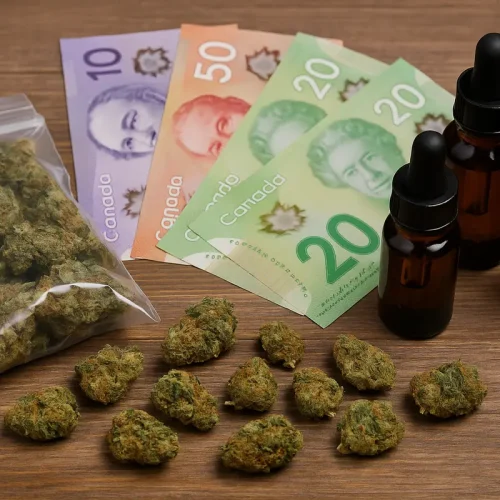







You must be logged in to post a comment.